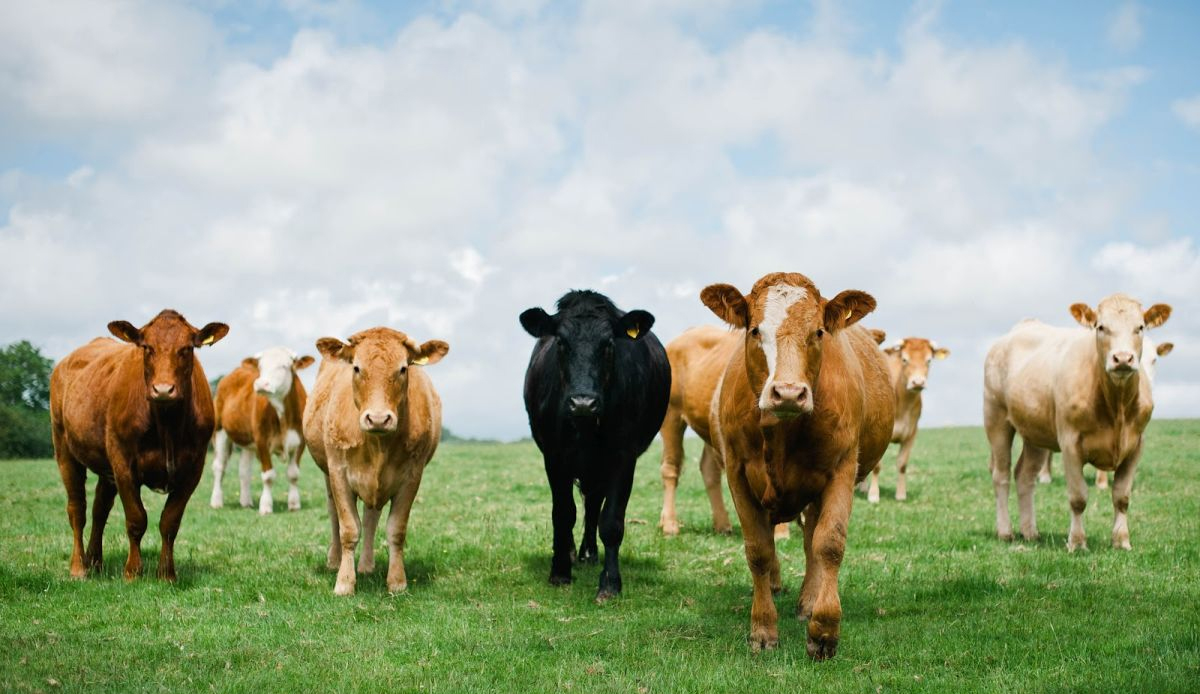
Northern Ireland farmers could have the possibility of tariffs being introduced on agricultural produce if the UK voted to leave the European Union.
The report, compiled by the Northern Ireland Affairs Committee, identifies the potential impact of a Brexit in key areas such as the economy, agriculture and the border with the Republic.
It said that a post-Brexit deal between the EU and World Trade Organisation would be "hugely damaging" to farmers in NI.
"No one can say for certain what our trade arrangements with the EU would be or how border arrangements with the Republic of Ireland would change, if at all," said Committee Chair Laurence Robertson.
"Nor, of course, do we know what the EU will look like in, say, five or ten years’ time, or what the depth of the UK’s involvement with the EU will be by that time."
Tariffs on the scale of those currently imposed by the EU under the WTO's Most-Favoured Nation conditions would be hugely damaging to Northern Ireland farmers, the report said.
"Trade within the UK would be enhanced if substantial tariffs on EU imports into GB were put in place, but exporters in sectors such as dairy would be badly affected, especially in the context of a continued global oversupply.
“Agreeing a free trade deal that includes agriculture would need to be a priority for the UK Government in the event of a Brexit.
"That deal would need to recognise that the profile of agriculture in Northern Ireland is different from the UK as a whole and should include tariff-free exports of dairy and beef."
Robertson said "voters will therefore have to make up their own minds based on whether the potential benefits of leaving the EU outweigh the perceived risks.
"As we say above, it was not the Committee’s intention to make a recommendation either way. However, we do hope that this report will help the electorate of Northern Ireland make an informed decision."
